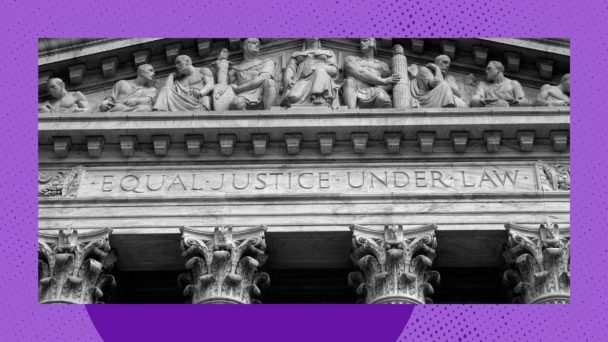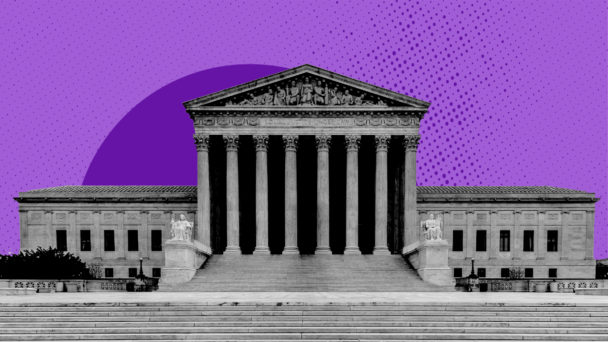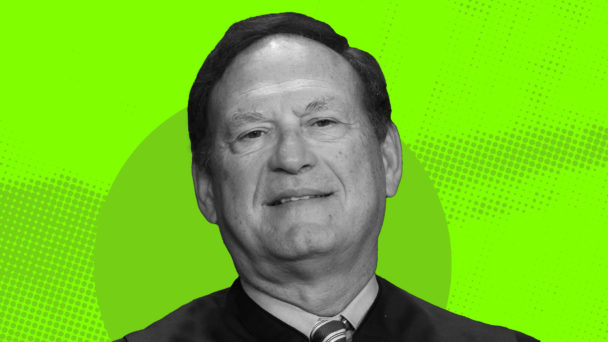It’s 2017, and a prominent federal judge is retiring after over a dozen women came forward about him sexually harassing them on the job. It’s 2020, and a woman is testifying before Congress about a prominent federal judge sexually harassing her on the job. It’s 2024, and a federal judge is resigning after an investigation into him sexually harassing a woman on the job—and later, assaulting her.
The federal judiciary is not just the branch of government responsible for administering the nation’s laws; it is also a workplace. And as in many other workplaces, sexual harassment is an open secret, discussed in hushed tones by employees who, unlike their bosses, do not enjoy life tenure.
In other workplaces, employees have at least some legal recourse if their rights are violated by bad bosses. In the judiciary? Not so much. Federal antidiscrimination laws don’t apply to the judiciary’s 30,000 employees, which include law clerks, staff attorneys, public defenders, librarians, administrative staffers, and more. They instead have to depend on internal oversight mechanisms, and a new congressionally-funded report shows that those systems are woefully inadequate.
Right now, all courts have their own systems for handling workplace conduct issues, which are called Employee Dispute Resolution or “EDR” plans. The judiciary substantially revised its model EDR plans at the height of the #MeToo movement, and the new report assesses how those plans are working. Some revisions have been helpful; for example, the plans created an avenue for employees to receive confidential advice and guidance, and the study points to a “broad consensus” that this has helped employees “seek support or explore options before problems escalate.” Other interviewees mentioned “the explicit prohibition of abusive conduct as a very significant provision in the Model EDR Plan.” It’s a little concerning that judges need to explicitly be told “don’t abuse your employees,” but hey, I’m glad it’s working.
Still, the study unearthed significant room for improvement. Interviewees spoke about the huge power imbalance between judges and their clerks, who still fear “retaliation from within or outside the court.” Some judges acknowledged a “continuing reluctance” to “report on or sit in judgment of their colleagues on the bench.” And judicial branch employees, unlike their peers in the executive or legislative branches, still aren’t permitted to seek money damages in federal court. This not only leaves them uncompensated for the harm they endured, but also makes legal representation more unaffordable, since plaintiffs often pay their attorneys using a percentage of any monetary award. Quite literally, no one is making judges pay for their bad actions.
The report offers 34 recommendations to overhaul the judiciary’s response to workplace misconduct, including making monetary compensation available as a remedy; developing guidance for the judges who oversee formal complaint proceedings; and providing training about what constitutes abusive conduct under the policy. California Representative Norma Torres, who directed the study, urged the judiciary to work harder on building systems for handling sexual harassment claims, since, she said, “its longstanding reliance on the good character and conduct of individuals alone has been grossly insufficient.”
Notably, four years ago, Torres requested that the Government Accountability Office conduct an audit of the judiciary’s systems for preventing and handling sexual harassment. But, she says, the GAO was more or less stonewalled by the Administrative Office of the Courts, an agency responsible for a broad range of federal court services and led by Judge Robert J. Conrad, Jr., an appointee of Chief Justice John Roberts. Throughout the two-year study, the Administrative Office only allowed the GAO to speak with a single judicial employee.
The judiciary’s sloppy response to sexual harassment and refusal to cooperate with an investigation into said sloppy response underscores the judiciary’s culture of impunity. The notion that the judiciary is beyond reproach puts workers in unacceptable danger, and erodes the public trust that a legal system requires to function. Whether they’re accepting lavish gifts or ignoring conflicts of interest or abusing their employees, too many judges think they answer to no one. Congress must remind them otherwise, and reports like this one are just the beginning.






